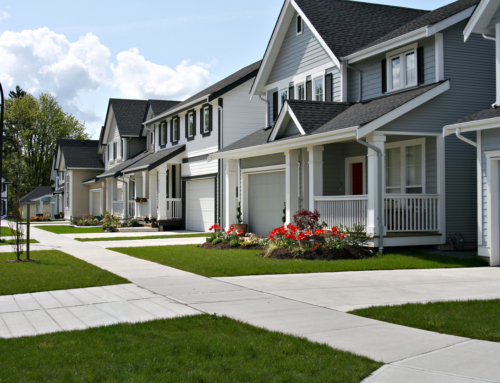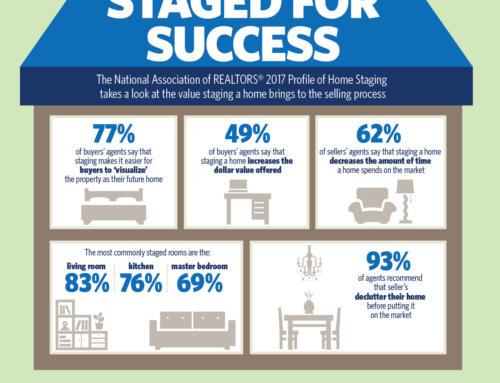Source: 4 Reasons to Not Pay Off Your Mortgage Early
You’ve imagined it: that party you’ll throw (and the happy dance you’ll undoubtedly do) the day you pay off your mortgage. Ah, the joy of being debt-free and the full owner of your home!
But hold on: While paying off that principal is certainly an achievement, it’s not one you want to rush.
We know, holding on to a mortgage payment can seem counterproductive—especially when you have a large amount of debt looming over your head—but getting rid of it isn’t always the smartest financial move.
You’re probably thinking, “Um, what about all that interest?!” Stick with us here. We checked with some expert financial advisers to see under what circumstances you might want to hold on to that monthly payment, and why.
1. You get a hefty tax break on your interest
Homeowners get a federal and state tax deduction on mortgage and home equity loan interest for up to a $1 million loan. Bonus: If you find yourself both in a higher tax bracket and with a significant mortgage that will put you above the standard deduction, you’re looking at even more savings. Holding on to your mortgage longer allows you claim that deduction for the life of your loan.
2. You have other debt with a high interest rate
“Mortgages are relatively cheap money to borrow, so it could make sense to use the cash to pay for other needs such as higher-interest credit card debt,” explains Robbie Schoonmaker, a principal at Matterhorn Financial Planning.
Because mortgages tend to have lower interest rates than, say, a credit card, using extra cash to pay off those debts will save you money on interest in the long run.
3. You want to make sure your emergency and retirement funds are safe
If you’re planning on paying off your principal by dipping into your savings account or retirement fund, think again. Using one of these options to pay off your mortgage can give you a false sense of financial security.
Unexpected expenses—such as medical costs, needed home repairs, or emergency travel—can destroy your financial standing if you don’t have a cash reserve at the ready.
“Once you pay the mortgage off, it could be hard to get the money back, particularly since a time of financial need may be the very time that it is hardest to get a new loan,” Schoonmaker explains.
And as far as dipping into your retirement goes—just don’t do it unless you absolutely have to. And if you do, prepare for it to cost you: Since the money has never been taxed before, you’ll see deep cuts when you take it out.
Finally, don’t skimp on your retirement fund, either. Sure, it might be tempting to scale back on your 401(k) contributions in order to put that cash toward your mortgage. But we’re pretty sure you’ll be sorry when you’re 65.
4. You could be making a higher return elsewhere
Take a step back and think: “Could my money be doing more for me?” If you spend all your hard-earned cash paying off your mortgage, you won’t have it to invest in other places—which, of course, limits your potential for cash return.
Jim Ludwick, founder of Main Street Financial Planning, suggests that homeowners who are considering paying off their mortgage instead consider buying a rental property.
“Sometimes having a mortgage on one property allows you to go out and purchase a rental property and get a good cash-on-cash return,” he says. (Just make sure you know what you’re getting into—being a landlord ain’t easy, either.)
Whether it’s investing in real estate or buying bonds, just think of what will give you the biggest financial gains. And if your payday really ispaying off your mortgage, then we’ll just say congrats! Now let us show you the best ways to celebrate.





